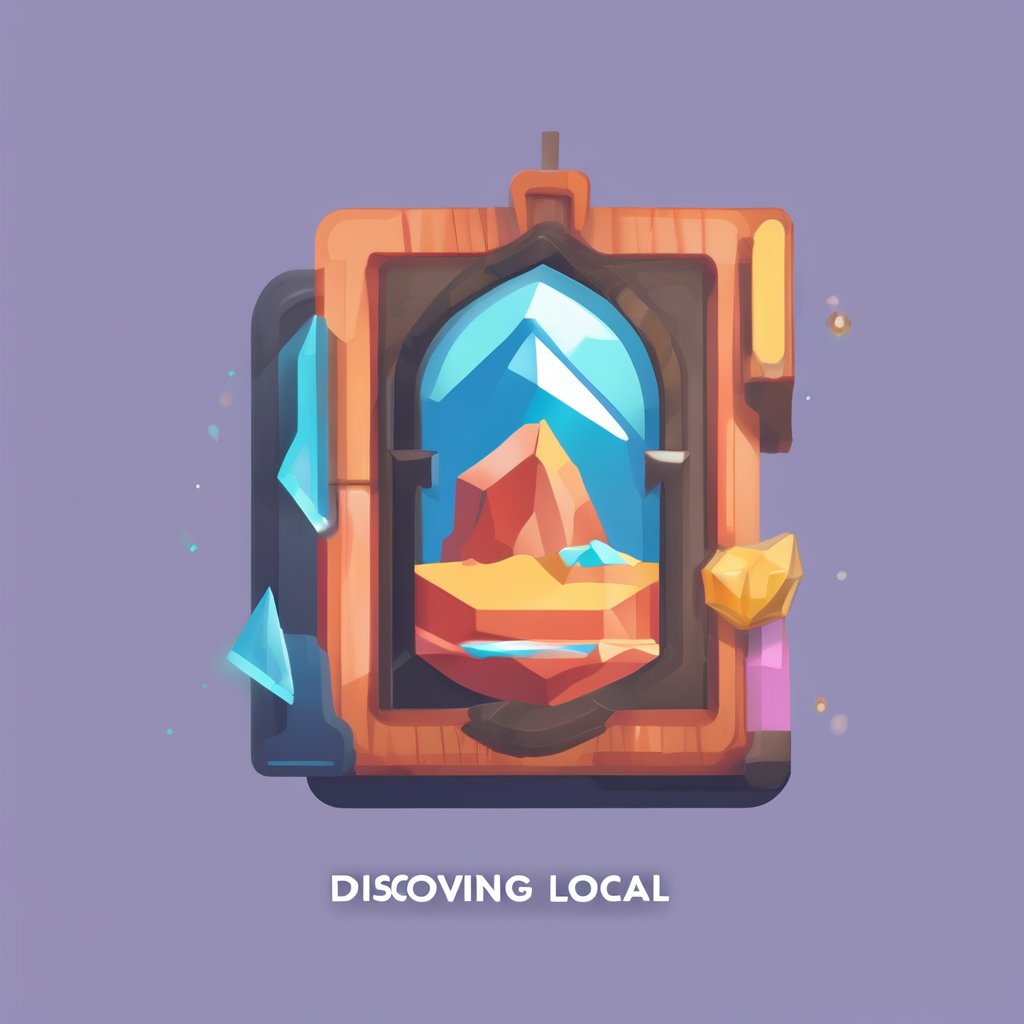Overview of British Pottery Workshops
British pottery workshops are a treasure trove of traditional craftsmanship, offering unique tourist experiences that merge artistry with cultural heritage. Pottery holds a significant place in British culture, symbolising creativity and the melding of function and art.
Across the UK, various regions are celebrated for their distinctive pottery styles. Notably, Staffordshire is renowned for its fine bone china and earthenware, while Cornwall offers charming handmade pieces inspired by its coastal scenery. Further north, the potteries of Scotland are known for their bold and innovative designs.
Also to discover : Discover the Top UK Destinations for Unforgettable Guided Tours of Historic Ironworks
For tourists, engaging in hands-on experiences at these workshops is not just educational but deeply memorable. These interactive sessions allow visitors to grasp the intricacies involved in crafting pottery, from shaping clay on a wheel to mastering glazing techniques. It’s an immersive way to appreciate the detailed work of skilled artisans and the history that has shaped these practices over generations.
Whether participating in a workshop or simply observing, visitors find a connection to centuries-old traditions, gaining insights into traditional craftsmanship that defines various British pottery styles. These experiences not only foster an appreciation for the artisans’ skill but also contribute to the preservation of these cultural practices.
Also read : Discover the Best Guided Tours to Unveil the UK”s Majestic Medieval Castles
Types of Experiences Offered
Wheel Throwing Workshops
Wheel throwing workshops offer immersive experiences for enthusiasts eager to create pottery on a spinning clay wheel. These sessions cater to both beginners and advanced potters. Participants receive guidance on centering clay and shaping it into various forms. This hands-on learning approach is ideal for those who enjoy crafting or are drawn to the tactile nature of clay work.
Handbuilding Techniques
Experience the art of pottery through handbuilding techniques, where creativity meets craftsmanship. Unlike wheel throwing, this method allows participants to form pottery pieces solely with their hands, using tools like molds or carving instruments. Various pottery classes introduce materials such as coil or slab clay, perfect for creating intricate designs and sculptural forms. These workshops are particularly popular among individuals who prefer a slower, more thoughtful crafting process.
Glazing and Finishing Techniques
The final touch in pottery artistry, glazing and finishing techniques, adds color and texture to your creations. Understanding the chemistry behind glazes and the skill of applying them can significantly enhance the aesthetics of a pottery piece. Workshops delve into different glazing methods, offering insights into how various finishes can transform simple objects into beautiful pieces of art. Whether for practical items or decorative pieces, these workshops play a crucial role in completing pottery experiences.
Notable Pottery Workshop Locations
In the world of ceramics, the UK boasts several famous pottery locations that are a haven for enthusiasts and professionals alike. At the forefront is Stoke-on-Trent, often referred to as “The Potteries.” This vibrant regional hub is renowned for its rich history in pottery making and is home to numerous museums and factories where visitors can engage with traditional and contemporary ceramic arts. The city’s workshops offer hands-on experiences that attract both beginners and seasoned potters.
Another standout is the elegant city of Bath. Known for its aesthetic charm, Bath features unique pottery centers that blend historical craftsmanship with modern flair. These UK pottery centers offer workshops that celebrate both local and broader ceramic traditions, providing a creative environment to learn and refine one’s skills.
Aside from these prominent locations, the UK also hosts an array of regional workshops each with unique attributes. For instance, Cornwall presents pottery experiences that are deeply inspired by its coastal surroundings, while the Scottish Highlands offer rustic, nature-infused pottery sessions.
Furthermore, if one is seeking lesser-known workshops, exploring places like Worcester or Harrogate can be incredibly rewarding. These locations, though not as celebrated, often provide intimate settings and personalized instruction to elevate the learning experience for pottery enthusiasts.
Pricing and Scheduling Information
Understanding the pottery workshop pricing and schedules can help you plan your creative adventure effectively.
Typical Costs for Workshops
The costs for pottery workshops vary depending on location, duration, and type. On average, a single-session workshop might range from £30 to £100. Some specialized workshops could cost more, especially if they include unique materials or renowned instructors. Remember that investing in a quality workshop often enhances the overall learning experience.
Seasonal Availability
Workshops are generally available year-round, but there are variations in availability. During peak times, such as summer months or school holidays, workshop schedules may be more frequent, offering a wide range of choices. Off-peak periods might provide fewer options but can also offer a more intimate setting with less crowding.
Group Rates and Discounts
For those interested in attending with friends or family, many workshops offer group rates and discounts. These packages can significantly reduce costs, especially for group sizes of 5 or more. Discounts might also be available during off-peak seasons or for early bookings, ensuring both savings and availability for your preferred dates. Always consult the booking information to explore these options and maximize your experience.
Cultural Significance and Heritage
British pottery is not only admired for its aesthetic appeal but is also deeply rooted in the nation’s cultural history. Dating back centuries, British pottery heritage has played a crucial role in shaping local cultures and traditions. Understanding the historical roots of British pottery reveals a rich tapestry of influences, from the Romans to modern-day artisans, each contributing unique techniques and styles.
Traditional techniques have endured through generations, serving as a bridge between the past and present. These methods, especially those involving hand-thrown and hand-painted pieces, embody the essence of cultural history and artisanal craftsmanship. The preservation of these techniques is paramount for maintaining the authenticity of British pottery, often passed down in families as a source of pride and cultural continuity.
The role of pottery extends beyond craftsmanship—it’s interwoven with the identity of local communities. Cultural events, such as pottery fairs and festivals, highlight the community’s cultural history and connect individuals to their regional heritage. In many communities, pottery represents both an economic activity and a source of communal pride, strengthening bonds and enriching cultural legacies. Through these activities, British pottery continues to be a vibrant expression of artistic heritage and a testament to enduring traditions.
Testimonials and Reviews from Tourists
Delving into tourist experiences, we uncover insightful feedback through various customer testimonials and workshop reviews.
Quotes from Past Participants
One participant noted, “The workshop was an unforgettable journey, shedding light on skills I never knew I had.” Another shared, “From start to finish, the workshop was brilliantly organized.” Such heartfelt testimonials reflect the enthusiasm and genuine appreciation many tourists expressed.
Highlighting Memorable Experiences
Among the tourist experiences shared, several described unique hands-on activities as key highlights. One visitor mentioned the authentic cultural insights gained, which added depth to their understanding and appreciation of the subject matter. Another highlighted the sense of achievement felt upon completing tasks, emphasizing how these engaging exercises enhanced the entire experience.
Social Media Feedback
The workshops have not only inspired detailed reviews but also generated vibrant conversations and community engagement on social media platforms. Numerous participants have shared visuals and comments praising the seamless execution of the events. Positive social interactions provide an authentic narrative, echoing sentiments shared in more formal testimonials and reviews. Online, there’s a clear expression of satisfaction – a collective nod to the workshop’s success, seen through these customer testimonials.
Practical Tips for Tourists
Embarking on a pottery workshop can be a fulfilling experience, especially for those keen to immerse themselves in local culture. Traveler tips are essential to ensure a smooth and enjoyable session. First, focus on workshop preparation by checking the weather forecast and dressing accordingly; comfortable, easily washable clothing is ideal. Since clay can be messy, carrying an apron is advisable. Bring your curiosity and enthusiasm, as these are integral to what to expect from such creative encounters.
Essential items include a reusable water bottle to stay hydrated and perhaps a small notebook to jot down techniques. If the workshop allows, having a camera or smartphone on hand can help capture memorable moments and progress stages.
To make the most of the experience, engage with the instructors by asking questions about materials and techniques. Observing the works of locals can also enrich your understanding. Combining pottery workshops with visits to nearby attractions can enhance your cultural discovery.
Consider exploring art galleries, local markets, or even scenic landmarks post-session to expand your appreciation for the region’s artistic endeavors. Balancing creativity with exploration delivers a truly enriching escapade.
Booking and Attending Workshops
Navigating the workshop booking steps is straightforward with the right approach. First, access the workshop’s website or tourist information centre for current offerings and available dates. Follow the prompts to select your desired workshop and fill out your details. Ensure your payment information is accurate for a seamless reservation process.
How to Reserve Spots
Reserving a spot in a workshop often requires a few minutes. Make sure to double-check your chosen date and time. Upon completion, you should receive a confirmation email. Keep this handy as proof of booking.
Cancellation Policies
Understanding cancellation policies is crucial. Most workshops have specific terms for cancellations and rescheduling. Some might offer a full refund if notified within a set period, while others could retain a portion as a processing fee. It’s wise to familiarise yourself with these guidelines before completing your booking.
Preparing for Your Visit
Preparation is key for a successful visit. Begin by reviewing the attendance guidelines. Ensure you arrive on time, bringing any required materials mentioned during booking. Dress comfortably and consider the local weather conditions. A little preparation goes a long way in creating an enjoyable workshop experience.


